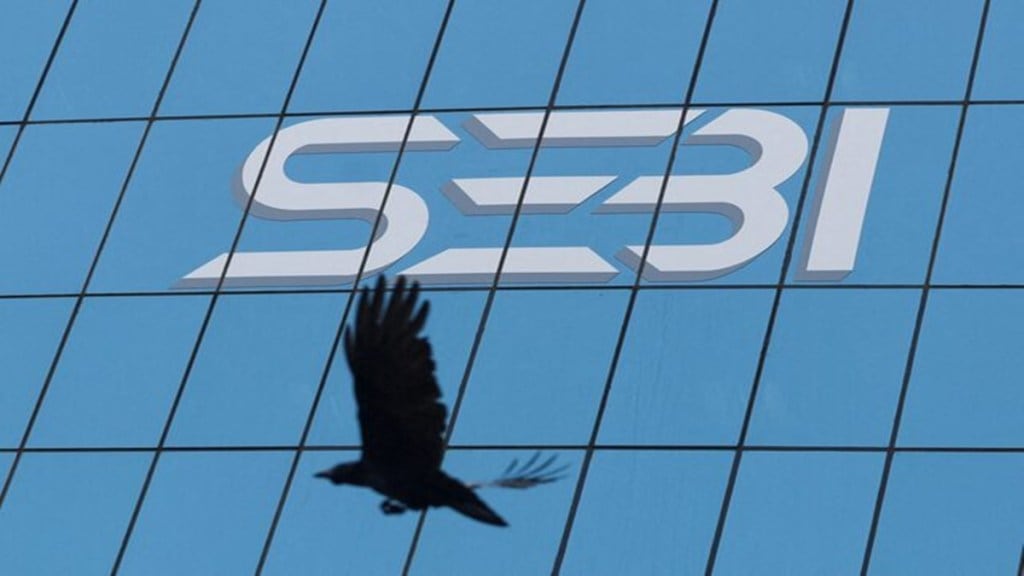In a major blow to the high frequency traders in the futures and options market, the Securities and Exchange Board of India (SEBI) on Friday temporarily barred US-based market maker, Jane Street (JS) group over index manipulation.
In its 105-page interim order, the markets regulator said it will impound Rs 4,843 crore – the highest-ever amount – for unlawful gains made by the company.
To provide ‘balance of convenience’, Jane Street can continue to trade after depositing the amount in an escrow account with a scheduled commercial bank, it added.
“Until the completion of the investigation and the related proceedings, it is imperative that exchanges should monitor any future dealings and positions of JS Group closely on an ongoing basis, to ensure that they do not, either directly or indirectly, indulge in any kind of manipulative activity. This is crucial to preserve the overall faith in the ecosystem and to protect investors,” SEBI whole-time member Ananth Narayan wrote in the order.
The markets regulator also added that JS Group’s conduct distorted prices, misleading thousands of small investors, and causing unfair losses or missed opportunities.
“Jane Street disputes the findings of the SEBI interim order and will further engage with the regulator. Jane Street is committed to operating in compliance with all regulations in the regions we operate around the world,” the firm’s spokesperson said.
SEBI sources said that the investigation will continue as only 21 days – 18 involving Bank Nifty and three involving Nifty 50 – have been covered now. Investigations into other expiry days, other indices (including across exchanges), and other potential patterns besides the two highlighted in the order will need to continue. They added that it would be difficult to estimate how long all this could take since the scope is quite large. “Every user of an algo is responsible for the output of the algo,” commented the source.
Overall, in the 21 days that were investigated, the group allegedly engaged in “sharp, large, and aggressive interventions” across the cash and derivatives segments. For example, on July 10, 2024 (expiry day), it aggressively sold stocks/futures/Bank Nifty futures of Rs 2,800 crore in the last two hours of trading. And at close, it had a short position in Bank Nifty of Rs 44,154 crore. This led to profits due to Rs 235 crore because of soft closing of the Bank Nifty.
Identifying it as extended ‘marking-the-close’, strategy SEBI has referred to it as a ‘manipulative trading practice where an entity aggressively places large buy or sell orders in the final moments of a trading session, with the specific intent of influencing the closing price of a security or index to its advantage.’ These actions have distorted market prices and undermined market integrity, according to the regulator.
Commenting on the development on X, Nithin Kamath, co-founder of Zerodha said, “You’ve got to hand it to SEBI for going after Jane Street. If the allegations are true, it’s blatant market manipulation. The shocking part? They kept at it even after receiving warnings from the exchanges.” However, he also added that proprietary trading firms like Jane Street control almost 50% of the options trading volumes. And if they pull back, which is likely, retail activity (35%) could also take a hit.
Senior Supreme Court lawyer HP Ranina said, “This is a very serious matter and SEBI would have investigated before taking such a drastic action. If the other party thinks they are wrongly dealt with, they can go to the appellate tribunal which may assign a forensic auditor to examine the facts in the SEBI order.” He added that one can only assume that SEBI has done its due diligence.”
Among stocks, Jane Street alleged manipulation involved aggressive morning purchases of Bank Nifty constituents — including HDFC Bank, ICICI Bank, Axis Bank, State Bank of India, Kotak Mahindra Bank, IndusInd Bank, Federal Bank, Bank of Baroda, among others — followed by large-scale afternoon sell-offs.
SEBI also pointed out that between January 2023 and March 2025, the JS group recorded a total profit of Rs 36, 671 crore, with Rs 44,358 crore earned from index options alone. It also noted that these gains were offset by cumulative losses amounting to Rs 7,687 crore across stock futures, index futures, and the cash segment.
Jane Street’s India derivative trading activities came into spotlight after a court battle with Millennium Management revealed it earned over $3 billion in 2023 and 2024 from trading in Indian equity derivatives. In February 2025, the NSE issued a caution letter advising Jane Street to stop such trading behaviour. However, despite acknowledging the warning, it continued to play the market.

